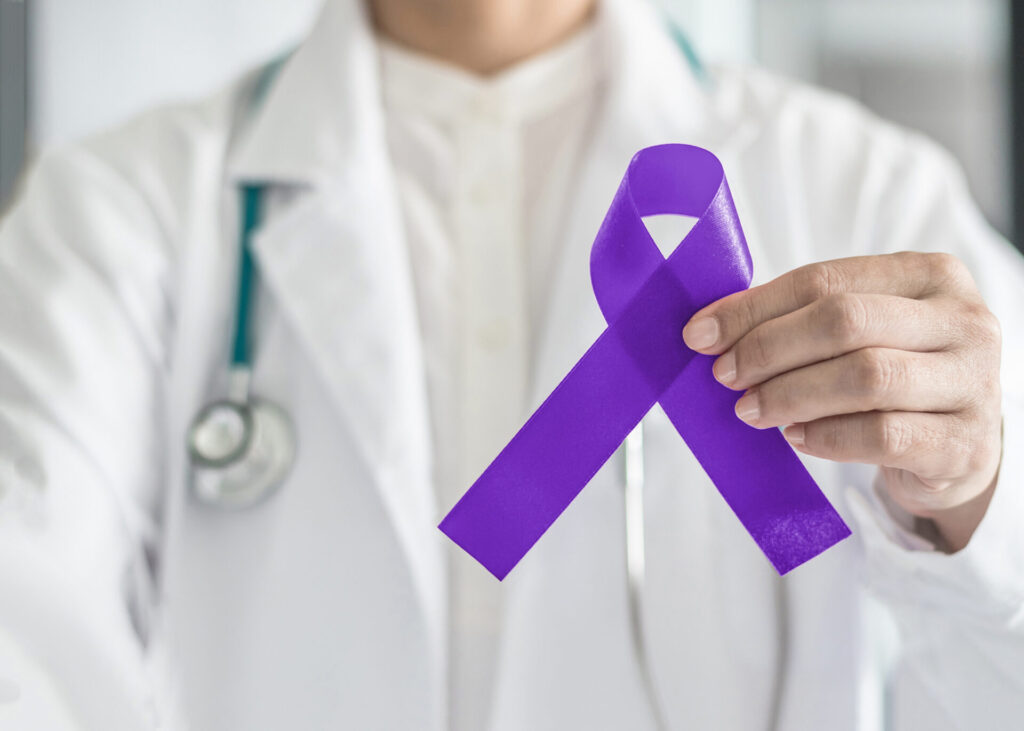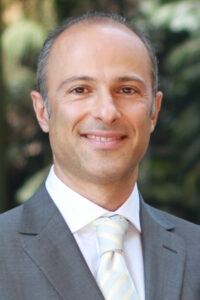- Best Urologist Los Angeles
- BLOG
- OUR TEAM
- ED
- MEN’S HEALTH
- WOMEN’S HEALTH
- VAGINAL DRYNESS
- ANORGASMIA – DIFFICULTY ORGASMING
- Vagina Looseness
- LOW SEXUAL DESIRE TREATMENT
- VAGINAL COSMETIC TREATMENTS
- Vaginoplasty Surgery
- VAGINAL RECONSTRUCTION OPTIONS
- PELVIC PROLAPSE
- URINARY INCONTINENCE
- THERMIVA VAGINAL REJUVENATION
- VAGINAL ATROPHY
- INTERSTIM NEAR ME FOR INCONTINENCE
- INTERSTITIAL CYSTITIS
- BPH
- PROSTATE CANCER
- GENERAL UROLOGY
- URINARY TRACT INFECTION (UTI)
- FEMALE UROLOGY
- Treatments for Bladder Cancer
- BLADDER STONES
- MALE INCONTINENCE
- SEXUALLY TRANSMITTED DISEASES
- Kidney Stone Symptoms
- KIDNEY CANCER
- PELVIC PAIN
- BOTOX FOR INCONTINENCE
- PTNS FOR OVERACTIVE BLADDER (OAB)
- ADRENAL TUMORS TREATMENTS
- BIOIDENTICAL HORMONE REPLACEMENT THERAPY (BHRT)
- FREQUENT URINATION
- ANTI-AGING
- Urology Clinical Trials
- PATIENTS
- Best Urologist Los Angeles
- BLOG
- OUR TEAM
- ED
- MEN’S HEALTH
- WOMEN’S HEALTH
- VAGINAL DRYNESS
- ANORGASMIA – DIFFICULTY ORGASMING
- Vagina Looseness
- LOW SEXUAL DESIRE TREATMENT
- VAGINAL COSMETIC TREATMENTS
- Vaginoplasty Surgery
- VAGINAL RECONSTRUCTION OPTIONS
- PELVIC PROLAPSE
- URINARY INCONTINENCE
- THERMIVA VAGINAL REJUVENATION
- VAGINAL ATROPHY
- INTERSTIM NEAR ME FOR INCONTINENCE
- INTERSTITIAL CYSTITIS
- BPH
- PROSTATE CANCER
- GENERAL UROLOGY
- URINARY TRACT INFECTION (UTI)
- FEMALE UROLOGY
- Treatments for Bladder Cancer
- BLADDER STONES
- MALE INCONTINENCE
- SEXUALLY TRANSMITTED DISEASES
- Kidney Stone Symptoms
- KIDNEY CANCER
- PELVIC PAIN
- BOTOX FOR INCONTINENCE
- PTNS FOR OVERACTIVE BLADDER (OAB)
- ADRENAL TUMORS TREATMENTS
- BIOIDENTICAL HORMONE REPLACEMENT THERAPY (BHRT)
- FREQUENT URINATION
- ANTI-AGING
- Urology Clinical Trials
- PATIENTS


You must be logged in to post a comment.